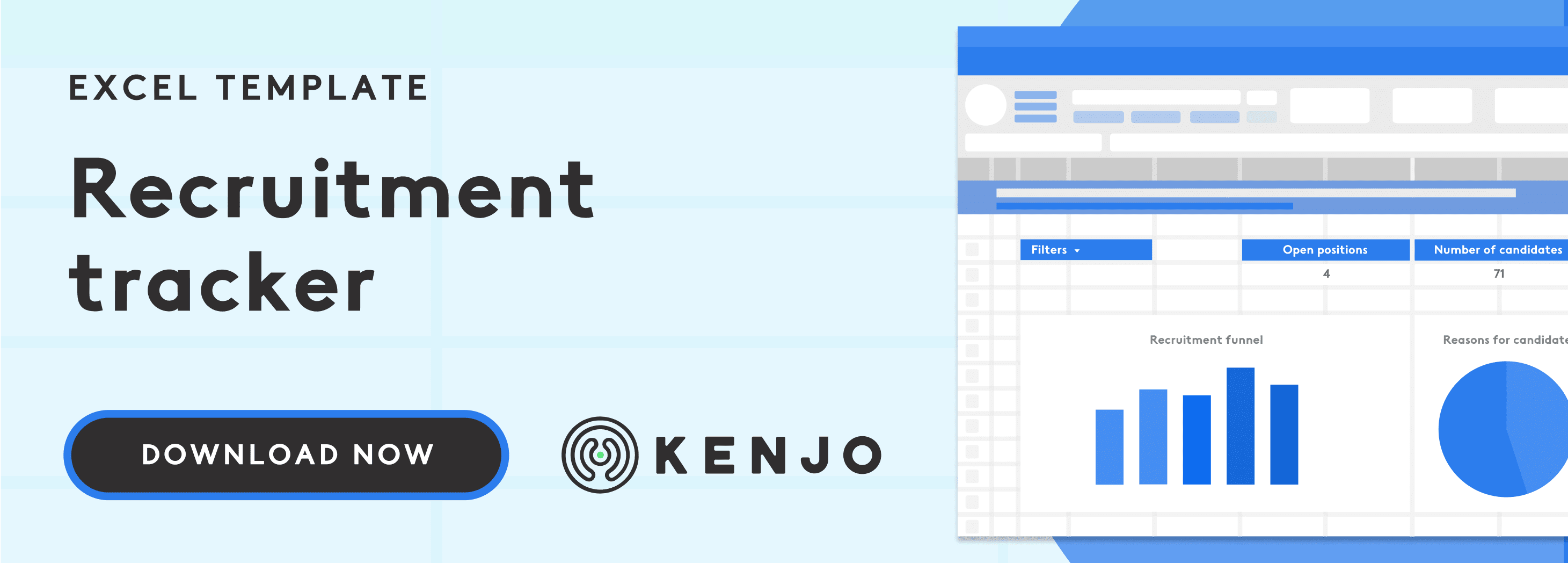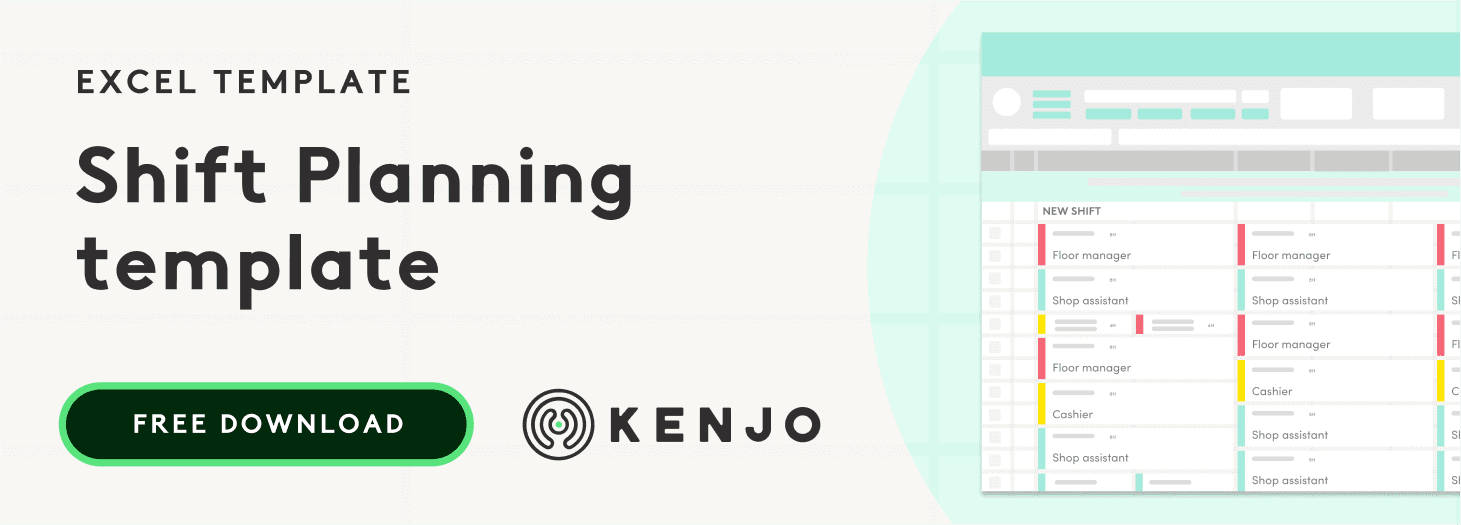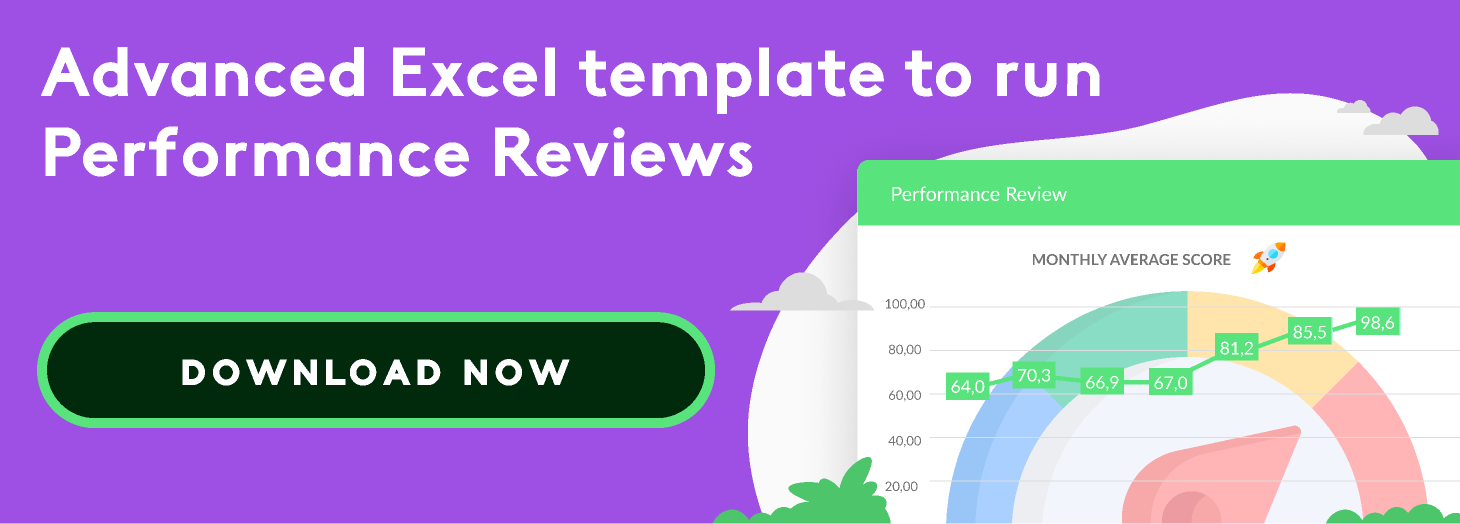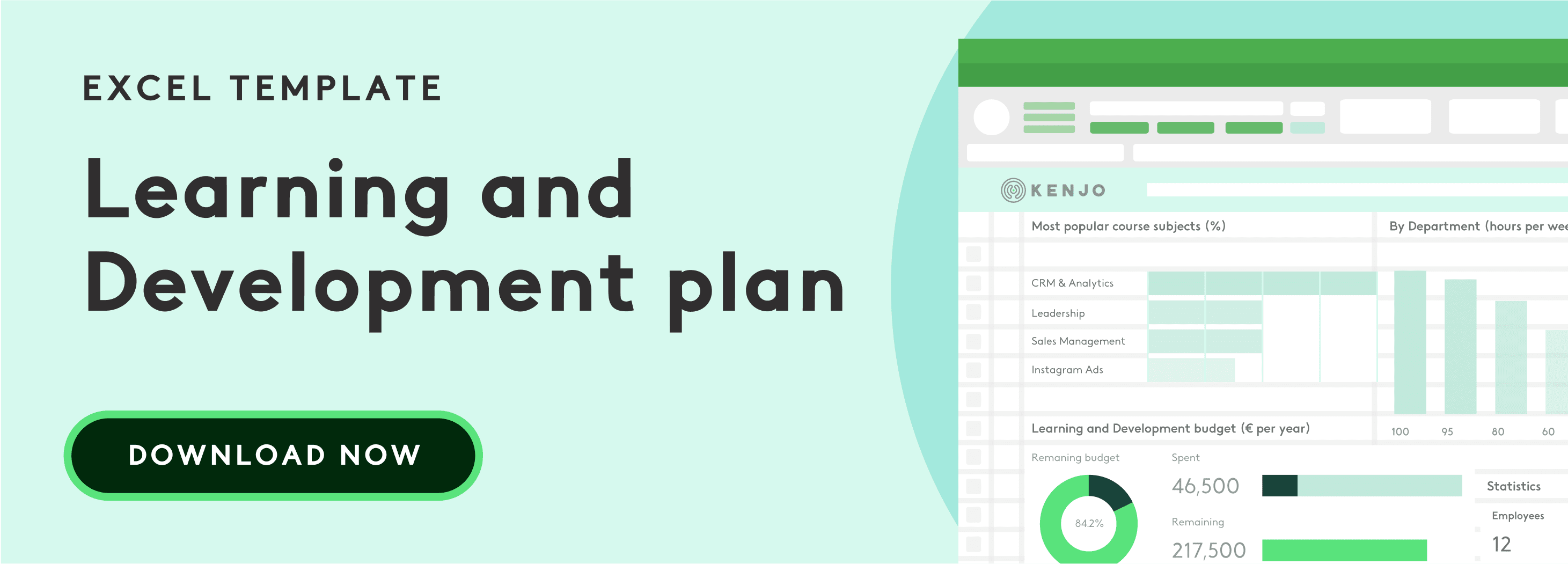HR management in the healthcare sector poses several challenges, including shift planning, employee training and recruiting qualified staff, among others. On top of these, we must add the pandemic situation of recent years, which has affected the health sector more than most.
In this article we will explain this department’s importance with regard to managing healthcare workers and how technology can help HR professionals overcome the main challenges they face.
The importance of HR in healthcare
The HR department plays a fundamental role in all companies. No organisation will go very far without a clear HR framework in place. With this in mind, the key role HR must play in the healthcare sector is evident, and current times are putting it to the test.
The complexity of the pandemic presents vast challenges for the healthcare industry, meaning it’s more important than ever for healthcare companies to have a solid HR team, capable of taking on and addressing varying situations.
The main challenges of HR in healthcare
In the healthcare sector, the strategies that HR managers put in place do not just affect salaried healthcare workers; they also affect any patient that needs or will need medical attention.
The responsibilities of the HR department in a healthcare company are extensive, requiring both human resources experience as well as knowledge of the industry and health legislation. Below, we analyse in detail the main challenges facing HR management in the healthcare sector.

Staff recruitment and selection
Just like any other sector, one of the HR department’s main objectives is to attract and hire the best professionals. However, the need for highly specialised staff comprises the first challenge.
In the healthcare sector, the candidate pool is usually limited because of the need for advanced degrees or very specific training depending on the vacancy. HR managers have to be prepared to address this challenge and understand how to find the best candidates during the recruitment process.
Talent management
In the same vein as the above, talent management is an essential element. While a poorly trained employee is more likely to make mistakes in all sectors, in the health industry an error can mean the difference between life and death. So, managing and developing health workers’ skills is critical.
Designing and implementing a talent management programme is the responsibility of the HR department. HR managers need to create plans so new starters know what their responsibilities and schedules are and can familiarise themselves with their daily tasks and get to know new work colleagues.
Moreover, the HR department must ensure that employees possess all the necessary qualifications, licences, and certificates, and that the latter two are always current. Software to track renewal dates and training requirements is therefore very useful for any company in the healthcare sector.

Shift management
If we’re talking about the challenges facing HR professionals in healthcare, logistics and shift management is another essential component. Health services run on daily appointment schedules and calendars, but it is vital to be prepared to act quickly when faced with unexpected situations, emergencies, and staff absences.
A good HR department has to guarantee perfect management of hundreds of shifts and rotations for doctors, nurses and residents at a hospital or health centre. HR managers need to ensure that these shifts are communicated clearly, are easily visible and can be adapted to last minute changes.

Employee performance review
Another challenge HR departments face is assessing the skills of healthcare workers. It is a complex task, as being able to gauge an employee’s level in a particular role requires recognised measurable and observable criteria.
However, once these are established, HR managers will be able to verify whether an employee fulfils the criteria and monitor their progress in their field.
For this, HR managers will identify a series of skills which they will use to provide a qualitative rating for certain abilities and another more quantitative rating, as well as an overall score. In a sector that demands constant development, the skills assessment should be very clear and up to date.
Absenteeism
The healthcare sector has one of the highest absenteeism rates in England. In fact, data from the NHS show that the sickness absence rates have climbed from 4.21% in 2018/19, to 4.41% in 2019/20, and again to 4.66% in 2020/21.
Aspects such as Covid-19 and the resulting burnout facing this sector, family reasons and force majeure causes are some of the causes explaining the high absenteeism rate in the healthcare sector.

Employee training
The challenge of talent management means ensuring employees receive continuous training, an imperative in this sector, as we saw above. Healthcare workers don’t just need training and additional certificates to provide better service, but also in many cases to comply with legislation.
Likewise, we must remember that training doesn’t not finish when an employee completes their induction process. On the contrary, it is a continuous task that each healthcare worker must perform throughout their working life. As a result, employee training is another considerable challenge in the human resources area.
Centralisation of information
Finally, HR managers in the healthcare sector have to handle huge quantities of information. The best solution? Centralise it in an agile, reliable, digital solution that allows you to manage shift details, schedules, holidays, absences, payroll, certificates, and licences, among others.
When dealing with this amount of data and documents, including sensitive information, maintaining files ordered and secure is a challenge. As such, cloud-based digital HR administration software can be a very useful solution.
What benefits does digital HR offer the healthcare sector?
In this context, it is worth looking at the main advantages of digital HR in the healthcare sector:
- Digitalisation of files and documents: ensuring files and documents are stored in a secure location in the cloud, as they can often contain confidential or sensitive information.
- Centralised data administration: the HR department can conveniently manage a large quantity of data and documents used daily from a single program, resulting in faster, simpler processes.
- Information in one place: in line with the above, digital HR using a software program will allow employees to access all their key information and view data such as remaining holidays in real time.
- Digital process management: in turn, healthcare personnel will be able to notify their employer of absences, review their salary as well as variable pay and bonuses, receive information on courses and certificates, and find out about their performance reviews and new job vacancies within the company, among other things.
- Shift planning: rotating shift software helps to properly plan work shifts and rotations, ensuring teams are kept up to date with any unexpected changes.
We offer a 14-day free trial so you can get hands-on yourself. Hit the button below for free, unlimited access. No contract or credit card details needed. 👇👇





